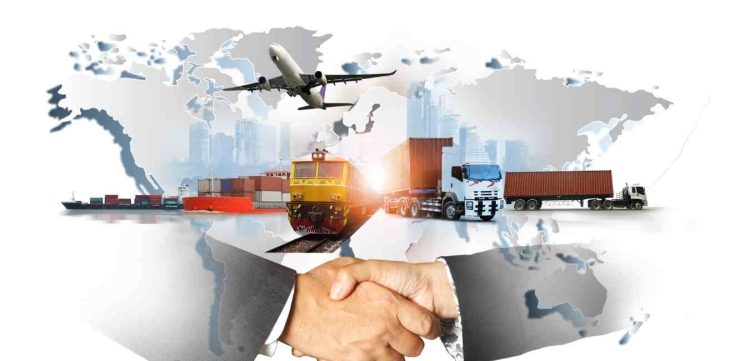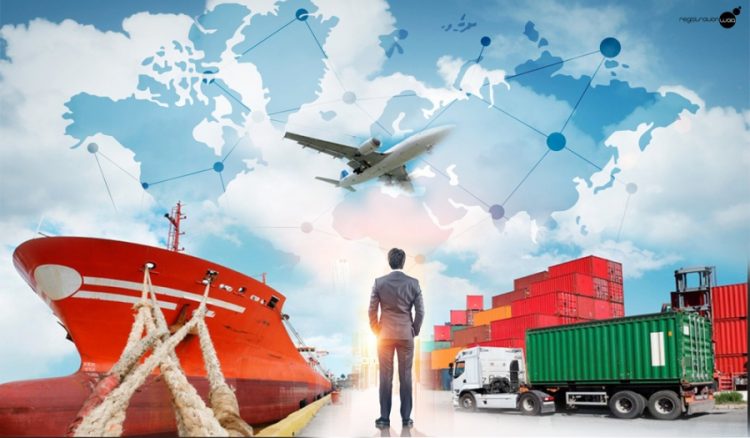Deciding to join a branch, a field, an industry, or a market is never easy. You are planning to become a part of something others have been doing for decades and make a name for yourself. You want to be successful where others already are, but also where numerous beginners like you have already failed. The more complicated the area you want to join, the more difficult it will be to kick things off, especially if you know next to nothing about it.
One thing that most people have in common regarding their professional lives and careers is their wish to earn good money while being happy with what they do. This is considered a dream combination since it does not come as a job and as something difficult or tiresome. Doing something you love and being good at it enough to have a comfortable living is definitely the ultimate goal for many people. Once you find it, there is nothing else like it. For many people, joining a certain industry means getting one step closer to this achievement and they do whatever they can to have it.

In this article, we are talking about one such industry or rather one side of a very popular and widespread type of career. Right here and now, we are talking about international trade and investment law. Trading internationally for a living sounds exotic and important, and that is because it is. It can mean so much and be very complicated and diverse, but one can also focus on trading only a few things, or even a single commodity, and be prosperous.
However, before you can do that, you have to understand investment law and know the basics of how it is connected to international trade. In this article, we bring you things that will help you do exactly that. Read on to learn more about this.
1. Import Trade
The first thing about international trade that you should know about is the area that covers purchasing goods and services from foreign countries. This is done because there are insufficient quantities in your own country, or because it is cheaper than making it or offering it in your country. Most countries rely on the import of numerous basic goods to help their citizens. India imports well over 80% of all the crude oil they need from Venezuela and the United Arab Emirates.
They have a lot, more than they need, and India has little. However, the Emirates do not have many important industries of their own, like agriculture and apparel, so they import produce and clothes from India, among the rest. Depending on where you are and what you plan to trade, it can be quite easy for you to find partners in foreign countries.

2. Export Trade
Export is the other side of the spectrum as opposed to import. Since it is the counterpart of importing goods, it implies exporting or selling the surplus of locally manufactured goods and services to countries that lack it entirely or that cannot meet their own demands. To put it simply, it is the opposite of import trade. Let us use India again as an example to illustrate the picture. The country exports oilseeds, raw ores, steel, iron, plastics, and dairy products all over the world.
One of their biggest customers in China is that they export electrical equipment, silk, mineral fuels, and fertilizers to India. This is a clear example of export, but also an example of a country that imports certain products and exports others. Exchanging the goods gives both countries certain benefits and there can be special deals made with incentives and lower prices for other goods and future deals.
3. Entrepot Trade
There is another type of trade that is crucial to the international exchange of goods, and that is entrepot trade. It is a trade that is comprised of both import and export, and it involves importing from one country and exporting to another. This means that the importing country does not use the goods or services but acts as a mediator between the actual exporter and importer. The entrepot country adds some value to make money off it and cover their costs and exports them further.
India, again, imports rubber from Thailand. However, after they process it, they export it further to other countries that actually need rubber. Countries do this because there is no direct connection between certain two countries and they saw the opportunity to make a profit. They also may have better facilities and processing solutions than the final exporting destination. Also, the two original countries may lack enough trade agreements or a positive relationship.

4. Customs is Everything
If you are wondering where is law in all of this, well here it is. When it comes to trading, especially internationally, the customs of countries and all the laws and regulations surrounding them are kings. Nothing can get past the customs officials and their scanners unnoticed, or at least it shouldn’t they work in a manner similar to that of passengers going through customs at airports. You have to check everything of value, everything that has been bought new abroad and is now being taken into your own or other countries, and fill out certain paperwork.
Think this but on an immensely grander scale and for huge freight ships with thousands of containers carrying tens of thousands of tons of goods. There are many customs restrictions between countries as well as restrictions on the type and the number of goods being both imported and exported. There are bans on certain things being taken out of the country and on many things that somebody is trying to import inside.
If you want to know more about international trade, this is an area of law that you have to be familiar with. Check out customsesq.com for additional help regarding all things investment law and international trade, including finding a reliable customs lawyer to help you in your business. You will need one if you plan to make this your career.
 Hi Boox Popular Magazine 2024
Hi Boox Popular Magazine 2024



